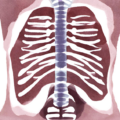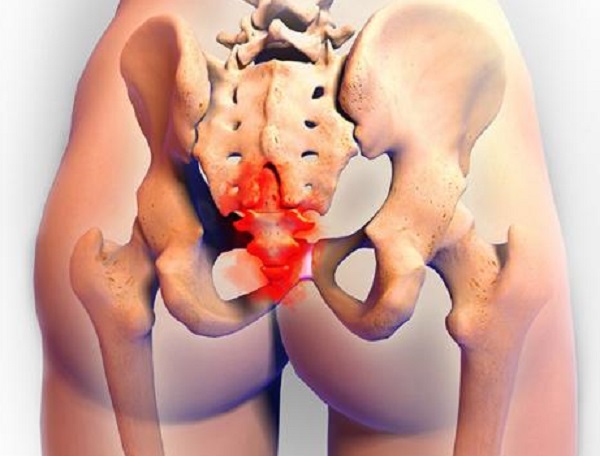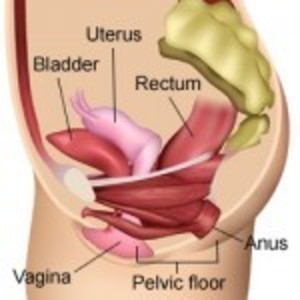A new study out of Germany found that resveratrol, the popular phytochemical derived from the skins of red grapes, known for its anti-inflammatory and anti-oxidant benefits may also have potent anti-angiogenic properties that inhibit the growth of endometriotic lesions.
How it Works
The infiltration and survival of endometriotic lesion requires ample blood supply. This requires new blood vessels to supply the endometriotic tissue with vital nutrients and growth factors. Without those blood vessels, the tissue dies. Angiogenesis is the process by which new blood vessels are born. A compound that is anti-angiogenic blocks the birth or growth of new blood vessels, effectively starving the lesion or the tumor. Blocking angiogenesis is a popular mode of treatment for cancer, but has not been fully investigated in endometriosis.
In a mouse model of endometriosis (uterine tissue is surgically implanted in the mouse abdomen and allowed to grow), researchers tested whether resveratrol would block angiogenesis. It did. Mice fed 40 milligrams of resveratrol per kilogram of body weight per day of resveratrol had significantly less vascularization and smaller endometriotic lesions than did the control group.
Bottom Line
Will drinking resveratrol inhibit the growth human endometriosis? It’s too early to tell, but an emerging body of research is showing remarkable results with resveratrol and cancer in human and animal studies. More research is needed to determine its role in endometriosis and the appropriate dosing strategies. The nutritional supplements currently on the market may not have the concentration or purity of resveratrol used in the lab study. Just for reference, neither does red wine. This study was short, only four weeks, and of course, extrapolating from mice to humans is always problematic. The research is promising, however, and points to a new direction in endometriosis research – one that includes dietary changes.









































